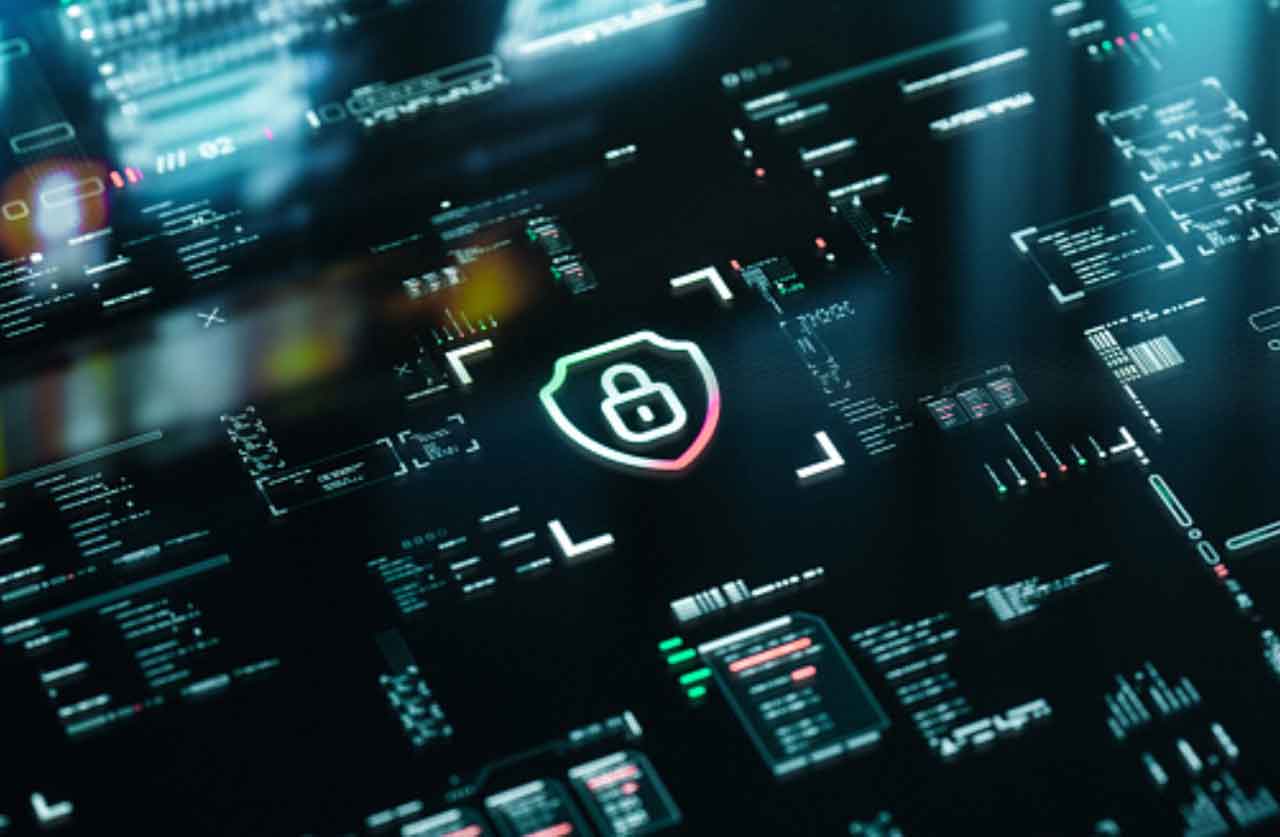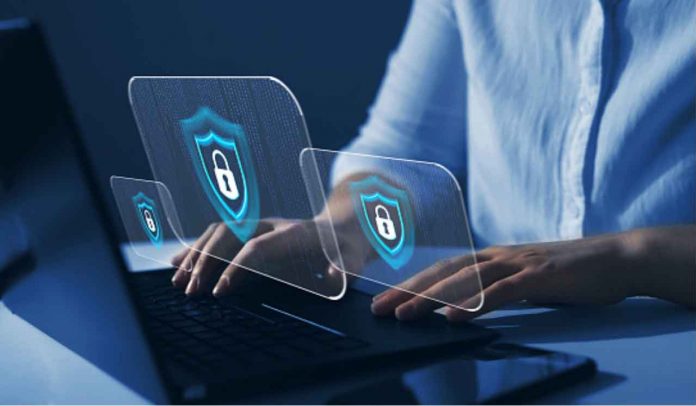Information technology has drastically changed the world in which we live. Some of the things we take for granted weren’t even possible just a few decades ago. Sure, they existed and shows like Star Trek or Star Wars, but they weren’t reality. But technology has revolutionized the way we work and interact with each other. As technology continues to grow at a massive rate, staying on top of security becomes increasingly vital. Whether you’re running a small business, are a student, or just want to protect your family’s online safety, there are many ways to stay safe in the information age. Here are five of the best.
Keep Your Software Up to Date
Good computer security starts with keeping your operating system, applications, and everything else up to date as much as possible. You can do this manually or automated with certain utilities. The reason to do so frequently is because new malware / antivirus can appear pretty much at any time. Hackers are always looking for new ways to infiltrate systems. So to stay on top of the most recent definitions, you must remain vigilant with updates. Updates can also be useful for overall program functionality, preventing data loss, and increasing performance. Experts recommend checking for updates at least one per week to ensure your devices remain secure.
Use Strong Passwords and Change Them Frequently
One of the best ways to stay safe online is to use strong passwords. Not only is a strong password essential in today’s modern threat landscape, it should also be changed frequently. That way it’s more difficult to crack or steal. Passwords should be at least 12 characters long, with a mix of different letters, numbers, and special characters. Of course, you’ve probably heard that before. But it goes without saying that the more complex your password is, the less likely it is to be compromised. Using a password manager to secure all of your passwords makes them easier to manage. Password managers are often included as part of security software and act as a digital lock box for your passwords. Using multi-factor or authentication can also be beneficial for safeguarding your passwords. By implementing these password habits, you can significantly increase your online security and prevent hackers from taking advantage of you while online.
Be Alert For Phishing Scams
Some of the most common online attacks nowadays is the ever-popular phishing scam. Phishing scams come in the form of emails, downloaded attachments, or compromised forms you might fill out online. If you receive a message from an unknown sender or someone you don’t recognize, don’t automatically open it. Inspect the email to ensure that it’s safe before clicking on it. If something looks legitimate but seems slightly off, don’t engage with it. Avoid clicking on suspicious links with any emails and always carefully checking URL before entering any information. Doing so can prevent people from stealing your financial, personal or other information. Unfortunately, phishing scams are often successful and can negatively impact anyone who falls victim to one.
Use Reliable Antivirus Software
One of the best methods of protecting yourself online is using reliable antivirus software. Selecting a strong antivirus software that has automatic updates, 24/7 support, built-in features like a VPN or firewall, and the ability to be used on multiple devices is usually one of the best bets. Premium internet security software of this nature can be incredibly helpful for staving off even the most dedicated hackers. Good quality antivirus software can also help you protect your mobile device. Attackers are always looking to compromise or attack smartphones simply because we use them all the time. And they’re getting easier. With secure protection, you can keep multiple devices safe and even take advantage of family protection features to ensure security across every device you are.
Backup Your Computer Often

Another important security method is to keep a regular backup of your data. If your system becomes compromised, crashes, or data gets deleted, you’ll want to recover it. For that you must make regular backups of your system, files, and apps. Whether it’s on a DVD, a hard drive, thumb drive, or other external media, having a backup means you can get your files back up and running easily. Cloud-based storage is also a popular option for backups that can help you restore things quickly in the event of a system failure or cyber attack. Regular backups are vital and should not be overlooked in your pursuit of personal and professional cybersecurity.







